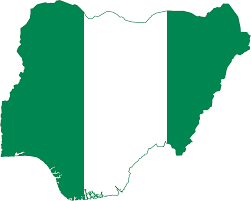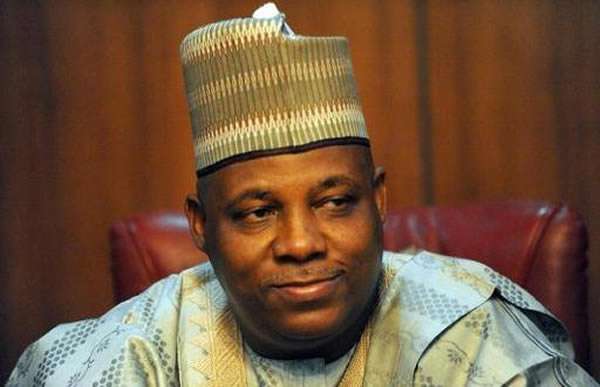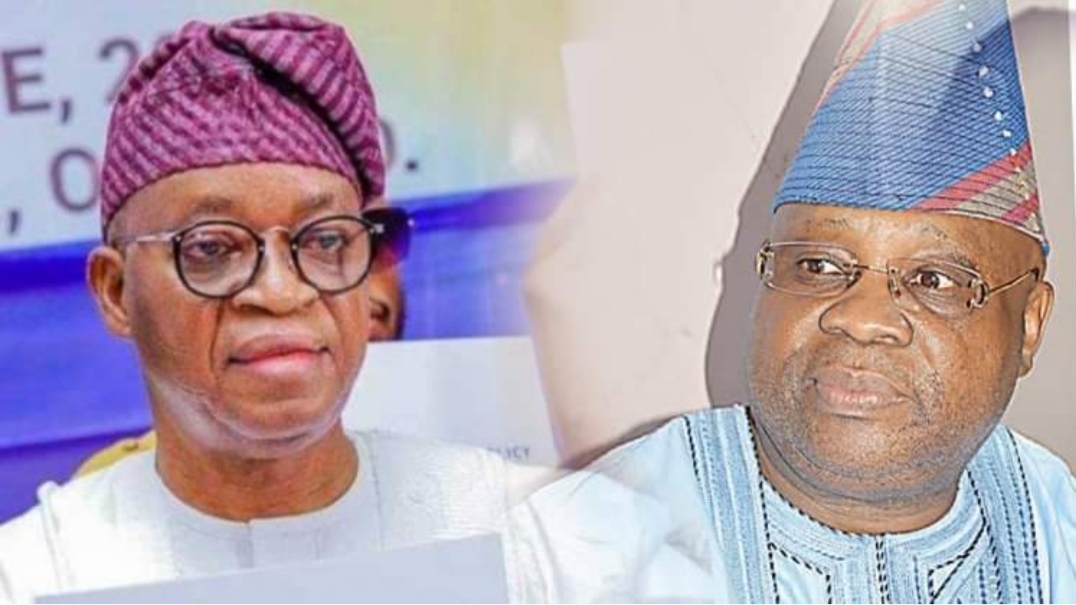In 1959 after Fidel Castro came to power in Cuba when he defeated the opposing forces of Fulgencio Batista who had earlier imprisoned him, he decided to make the small country a Communist State. This pitched him against the United States in the then heady days of the Cold War when the US who prided herself as the leader of the free world were determined to stop the growing influence of the defunct Union of Soviet Socialist Republics (USSR). Under the Presidency of John Fitzgerald Kennedy, he sponsored some Cuban dissidents with the help of the CIA to topple the government of Castro in the famous Bay of Pigs Invasion which ended up in a gargantuan fiasco. An embargo was placed on Cuba and its main revenue earner – Sugar greatly suffered. Castro rose up to the challenge by investing massively in education and making it free at the primary and secondary levels and highly subsidized at the tertiary. He focused greatly on the training of medical doctors. Today, the main revenue earner of Cuba is in her exportation of medical doctors around the world which brings in billions of dollars to her. The demand for doctors is inelastic as doctors will be needed as long as the world exists and so they can hardly even meet the global demand for them.
Saudi Arabia’s Deputy Crown Prince, Mohammed Bin Salman has unveiled the Saudi Arabia’s Vision 2030 which has the grand ambition to end the Kingdom’s dependence on oil by dedicating $2 trillion of their Sovereign Wealth Fund to prepare her for a post oil economy.
Nigeria is still yet to come to terms with the reality of a post oil economy as she lives as though the demand for the black gold will be there forever. There is no bold plan to wean her economy off total oil dependence. It is ridiculous that many of our Governors cannot pay salaries of civil servants and pensioners as and at when due because of the paucity of funds that accrue to them from the Federation Account. Political pundits will not forget the ludicrous excuse given by the erstwhile Osun State Governor and current Minister for the Interior, Ogbeni Rauf Aregbesola for the non payment of the salaries of civil servants for close to a year despite doing many white elephant projects because of the short fall of revenue from the Centre. The Nigerian Labour Congress is up in arms against the Kaduna State Governor, Malam Nasir El-Rufai over the sacking of many civil servants because the controversial Governor said he cannot fulfill his monthly obligations to the workers ostensibly because of the state’s over reliance on oil revenues.
Before the discovery of oil in commercial quantities, Nigeria was developed on the back of agriculture. It was the revenues from cocoa that made the then Premier of the Western Region, Chief Obafemi Awolowo build the Cocoa House, Liberty Stadium, established the Western Nigeria Television (WNTV) which was the first in Africa at a time when many countries in Europe didn’t have it, introduced the free primary education scheme and even scholarships for young westerners desirous of a university education. My Late Grandfather, John Osoba Ebuade Iyamabo got a scholarship to the University of Aberdeen where he studied Forestry between 1954 and 1958. Awolowo’s premiership between 1952 to 1959 still remains a reference point for political leadership in the country till date. Dr. Nnamdi Azikiwe and Dr. Michael Okpara built the Eastern Region which at the zenith of Okpara’s premiership was described as one of the fastest growing regions in Africa on the back of palm oil and coal. Sir Ahmadu Bello, Premier of the Northern Region developed the north with groundnuts. The ‘Curse of Oil’ written by the erudite Political Economist, Management Scholar and former Presidential Aspirant, Professor Pat Utomi aptly describes the tragedy of oil which has turned out to be more of a curse than a blessing.
Many countries in Europe has set 2030 which is less than nine years away as the time for the total phasing out of fossil fuel run vehicles in favour of electric cars. Imperial College has scrapped its famous Masters in Petroleum Engineering in response to this new global reality.
I shudder when Niger Delta leaders still scream their voices hoarse on the relevance of oil rather than challenging themselves in building knowledge driven economies which can truly create wealth.
Nigeria desperately needs digitally compliant and visionary leaders that can effectively steer the ship of state in these highly troubled times. Singapore, a tiny country leap frogged from a Third to a First World Country because of the massive investment in education by the Lee Kuan Yew led leadership. Wealth has long shifted from the abundance of natural resources to human capital development.
I will not bore you with foreign examples and will strict to strictly local examples to more effectively drive home my point. Flutterwave, a Fintech was founded by two young Nigerians – Samuel Iyinoluwa Aboyeji and Olugbenga Agboola in 2016 to provide payments solutions. They attained Unicorn status – an over one billion dollar valuation in barely five years and have raised over 200 million dollars for its expansion within this short space of time. Their closest competitor, Paystack founded in 2015 by Sola Akinlade and Ezra Olubi – two Babcock University graduates was acquired for a whooping $200 million by Stripe in 2020 after just five years of their existence. Technology Companies in Nigeria despite the harsh business environment have raised hundreds of millions of dollars in the last decade. How many Nigerian companies run by rent seekers who masquerade as businessmen have achieved similar success? How many corrupt politicians who have massive slush funds and deploy it into phony business enterprises with front businessmen have emerged as Unicorns even two decades?
It is really scary that our population which is projected to balloon to over 400 million by 2050 is now more of a liability than an asset as a result of the lack of effective leadership to harness it like what the Chinese leaders did. The government isn’t even thinking about ways to develop STEM education as well as technology to create jobs, develop an alternative revenue earner to oil and create sustainable wealth in the country which will in no minuscule measure stop the insurgency and banditry which has its roots in the pervasive poverty in the land.
There is no sturdy government backed plan to create a post oil economy. What will be the fate of our economy in the next decade if this non challant attitude continues?
I did my National Youth Service Corps in The Shell Petroleum Development Company, Warri and I witnessed first hand how the entire economy of Warri was built on oil. There were many so called emergency billionaires there who weren’t wealth creators but were wholly dependent on contracts from the two oil majors – Shell and Chevron for their economic survival. They had no industries or factories and couldn’t be described as wealth creators. Shell in the last decade has massively scaled down their investments in Warri with the sale of many of its assets there including its premises and transfer of its members of staff to Lagos, Port Harcourt and Abuja. The town is now a shadow of itself. What will be its fate if Chevron decides to leave as there are strong rumours that it also plans to?
The plight of Warri will be the fate of Nigeria if our leaders don’t rise up to the challenge of preparing adequately for a post oil economy.
A stitch in time saves nine!






